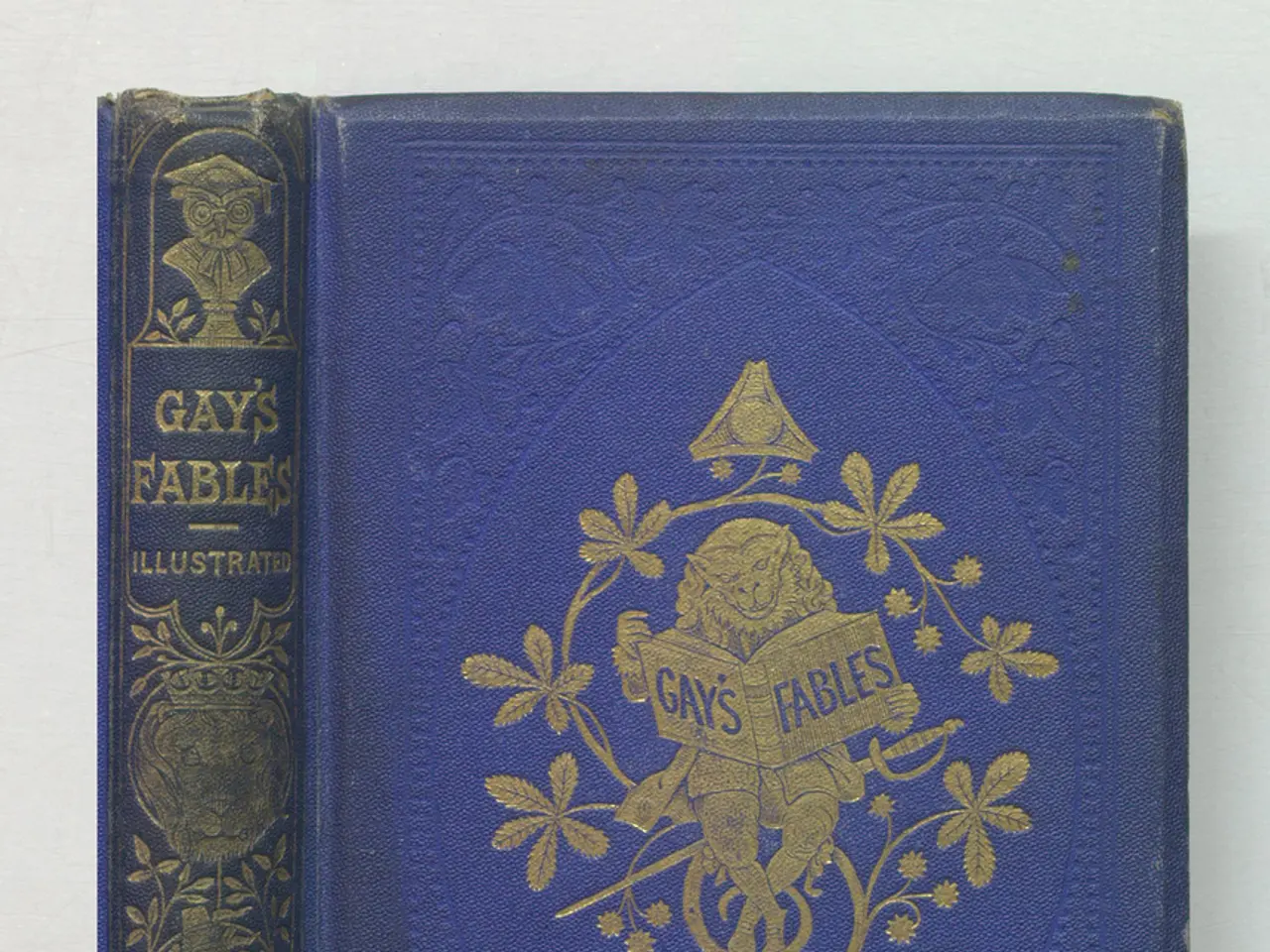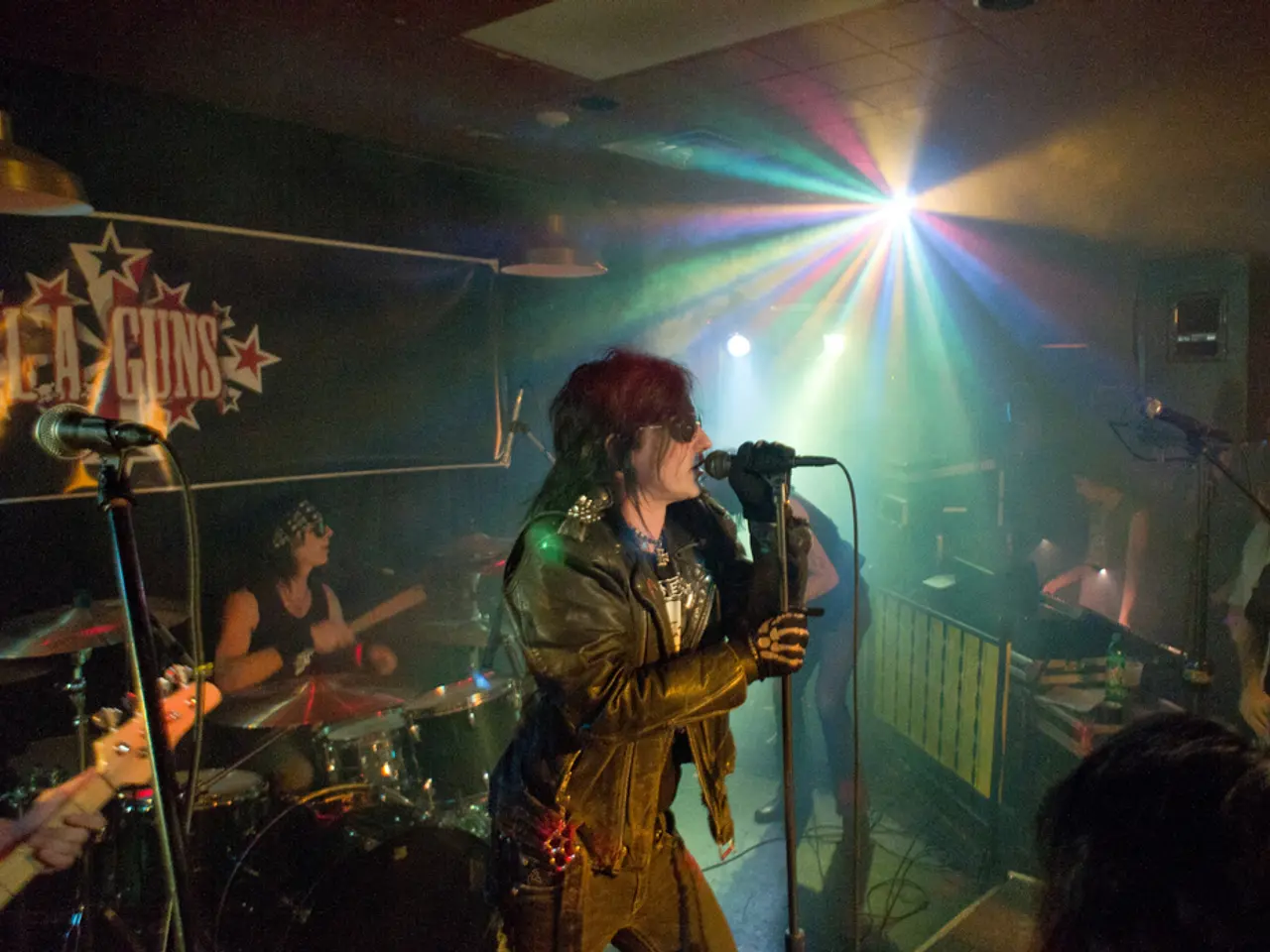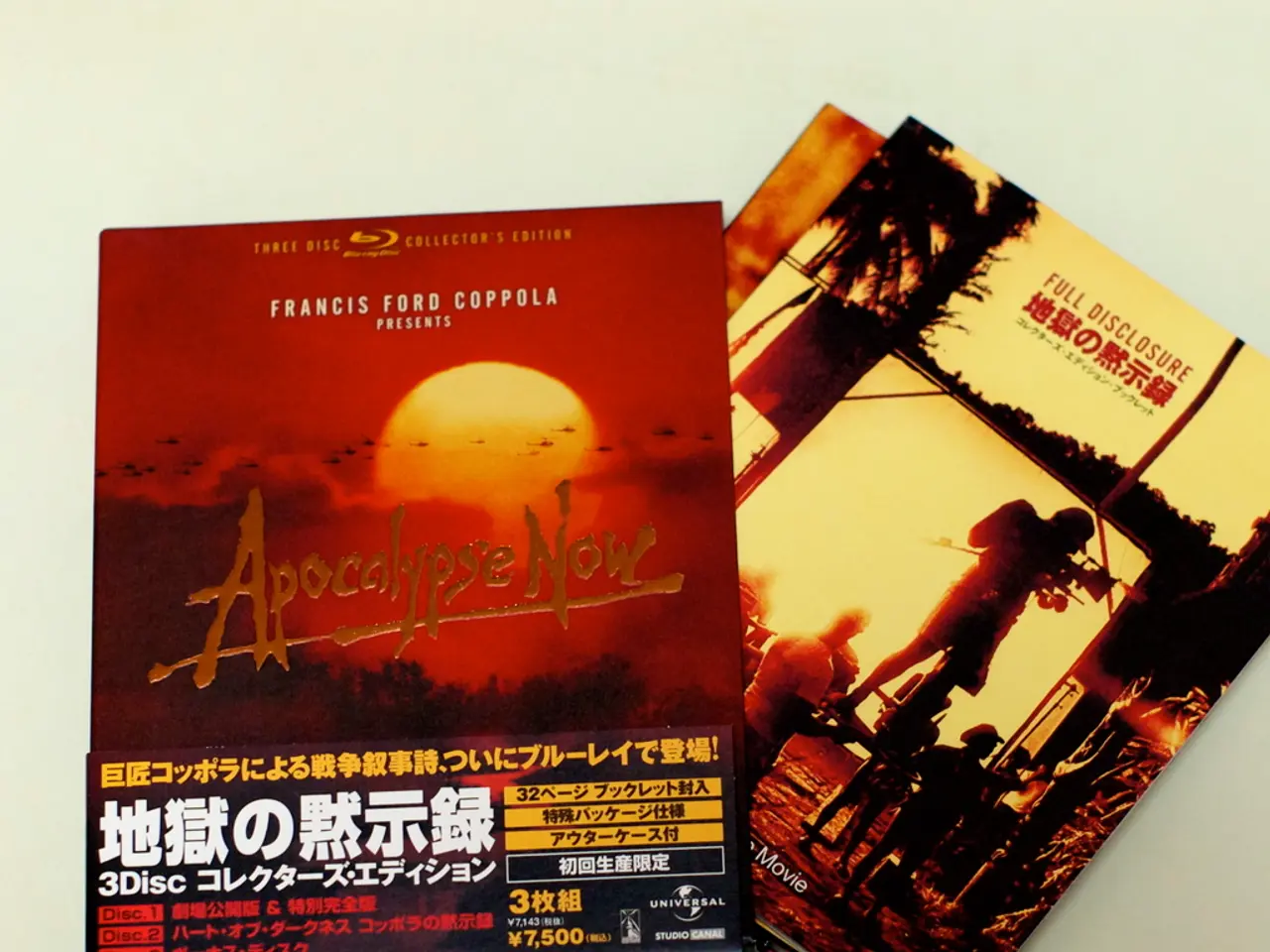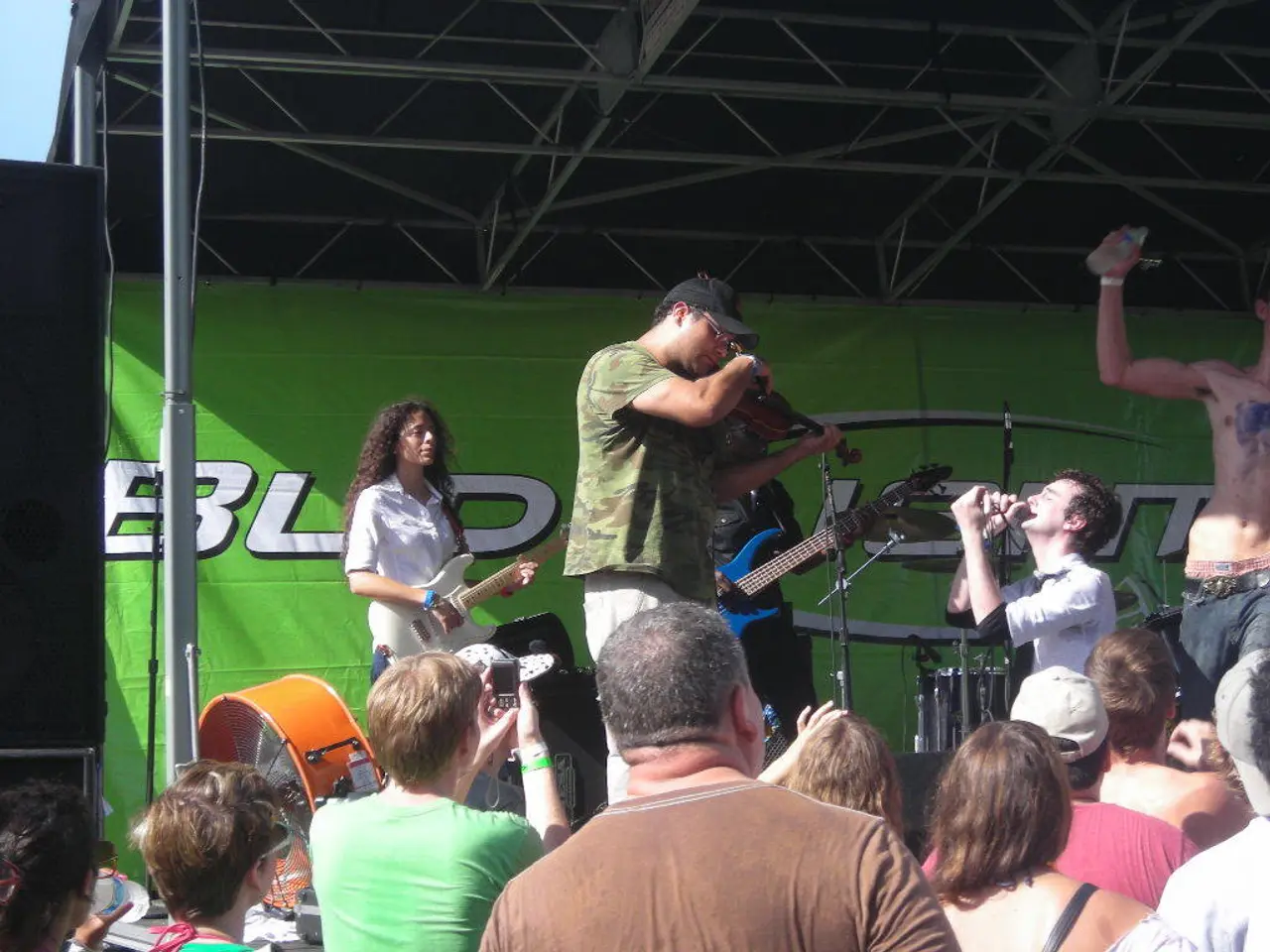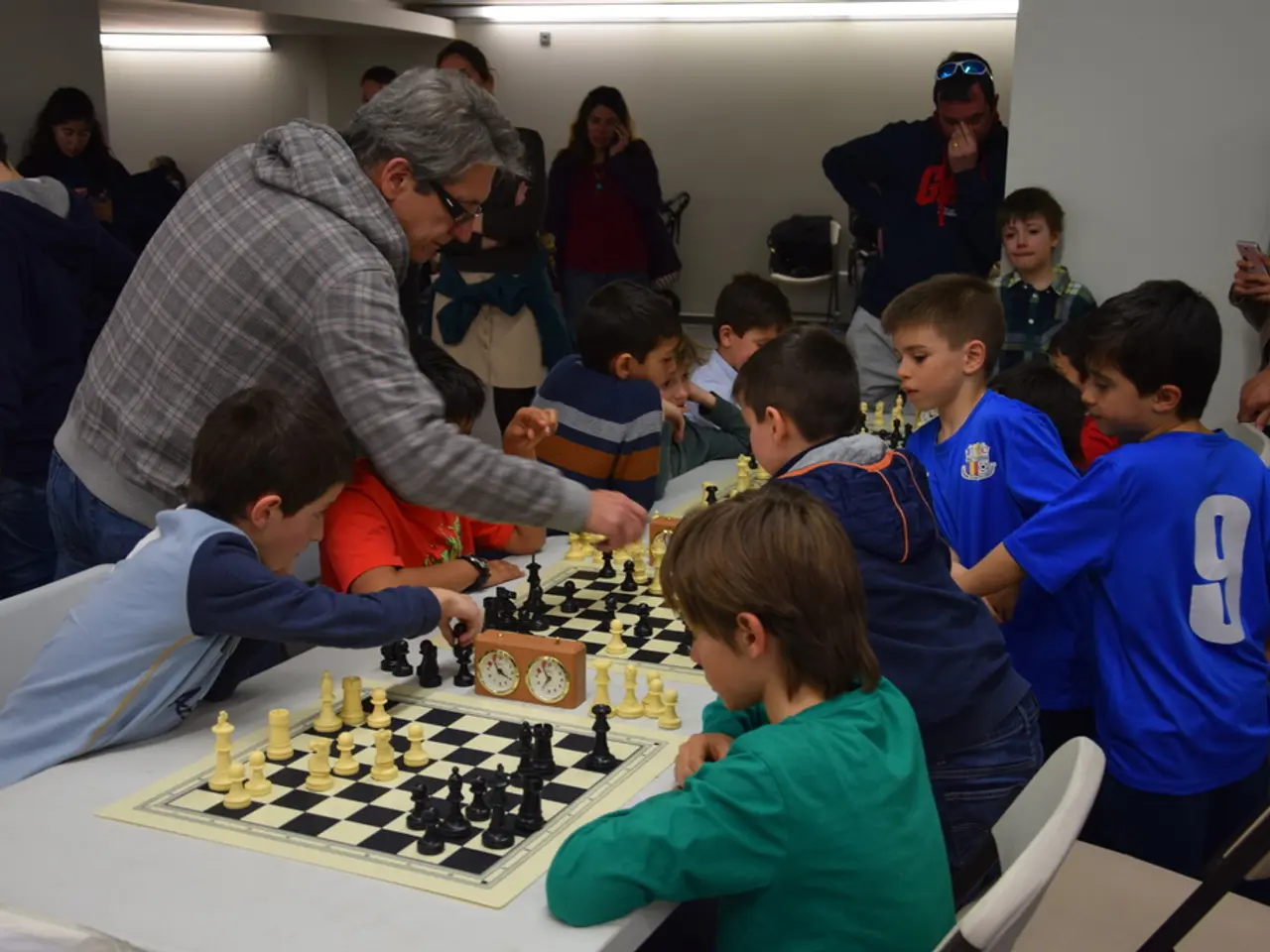Movie Review: 'Dracula: A Love Story' - Luc Besson's Unintentional Kitsch Masterpiece in Cinema
In the world of cinema, Luc Besson has unveiled a unique take on the classic Dracula story with his 2025 film, "Dracula: A Love Tale." This film, considered by some as an "accidental high camp masterpiece," offers a refreshing departure from traditional Gothic horror tropes, with a comedic twist and a strong emphasis on romance[1].
The storyline revolves around the centuries-long quest of the vampire prince Vlad, who is on a mission to find the reincarnation of his late wife. The journey begins in 15th-century Romania and transitions into 19th-century London[1]. Unlike the dark, moody atmospheres typical of classic Dracula adaptations, Besson infuses the story with playful scenes such as pillow fights, food fights, and steamy romantic moments, blending multiple genres including fantasy, romance, and horror[1][2].
However, Besson's approach to horror is not as intense as one might expect. He admitted that he is not a fan of horror films or Dracula, and this is evident in the film's deliberate downplaying of horror elements[1][2]. The film's comedy may be accidental or intentional, but it adds to its charm and campy appeal[1].
The film's tone shifts away from eerie Gothic horror towards a more colorful and playful retelling, which has sparked divided reception but also a cult appreciation as a unique and unintentionally comic take within the vampire genre[1][3].
The film starts in Romania, 1480, featuring Prince Vladimir the Second and Elisabeta. Tragedy strikes as Vlad accidentally kills Elisabeta in a snowy field of wolf traps[1]. Fast forward to Paris, 400 years later, a character named Priest (possibly Abraham Van Helsing) encounters a vampire named Maria, who is searching for the reincarnation of her "master's" beloved[1].
Intriguingly, Mina (played by Zoeë Bleu) may be the reincarnation of Dracula's dead wife[1]. The ending of the film is humorously abrupt, with Waltz's Priest declaring "The spell is broken, everything is fine now."
The film boasts committed performances by Landry Jones, Waltz, and Matilda De Angelis, adding to its overall charm[1]. "Dracula: A Love Tale" is currently out in French cinemas and is scheduled for release in South America this month and other European territories like Greece, Germany, Italy, and Spain in October[1].
Whether you're a fan of the traditional Dracula stories or looking for something fresh and unconventional, "Dracula: A Love Tale" is a film worth considering. Its comedic elements, campy drama, and unique take on the vampire genre make it a standout in the world of cinema.
This film, "Dracula: A Love Tale," offers an entertaining departure from traditional Gothic horror stories, blending genres like fantasy, romance, and horror, and can be found in cinemas across Europe. If you're seeking something fresh and unconventional, this unique take on the vampire genre with comedic elements and campy drama is worth considering.
